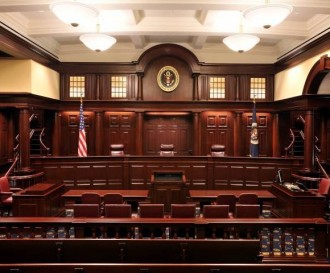
June 21, 2017
Lack of Enablement in Provisional Application Results in Loss of Priority
In Storer v. Clark, [2015-1802] (June 21, 2017) the Federal Circuit affirmed the Patent Trial and Appeal Board’s decision awarding priority in an interference to Clark, on the grounds that Storer’s provisional application did not enable the interference subject matter.
The subject matter in dispute involved methods of treating hepatitis C by administering compounds having a specific chemical and stereochemical structure. Storer was issued U.S. Patent No. 7,608,600, and Clark challenged priority of invention and moved to deny Storer the priority date of its provisional application. Clark argued that the application did not enable the claimed compound, while Storer argued that the compounds were readily obtained based on the provisional application and the prior art.
Enablement was relevant for validity and to the issue of whether the provisional application was a constructive reduction to practice. It is a question of law, and is reviewed without deference, although the factual underpinnings of enablement are reviewed for substantial evidence.
Analyzing the disclosure under the factors set forth in In re Wands, the Board determined that undue experimentation would be required to produce the claim compounds from the provisional application’s disclosure.
The Federal Circuit began its analysis noting that the boundary between a teaching sufficient to enable a person of ordinary skill in the field, and the need for undue experimentation, varies with the complexity of the science. While the specification need not recite textbook science, it must be more than an invitation for further research. Further, while the application need not disclose what is well-known in the art, it is the specification, not the knowledge of one skilled in the art, that must supply the novel aspects of an invention in order to constitute adequate enablement.
The Federal Circuit concluded that substantial evidence supported the Board’s findings that the synthetic schemes in Storer’s provisional application did not enable a person of ordinary skill to produce the target compounds without undue experimentation.




































